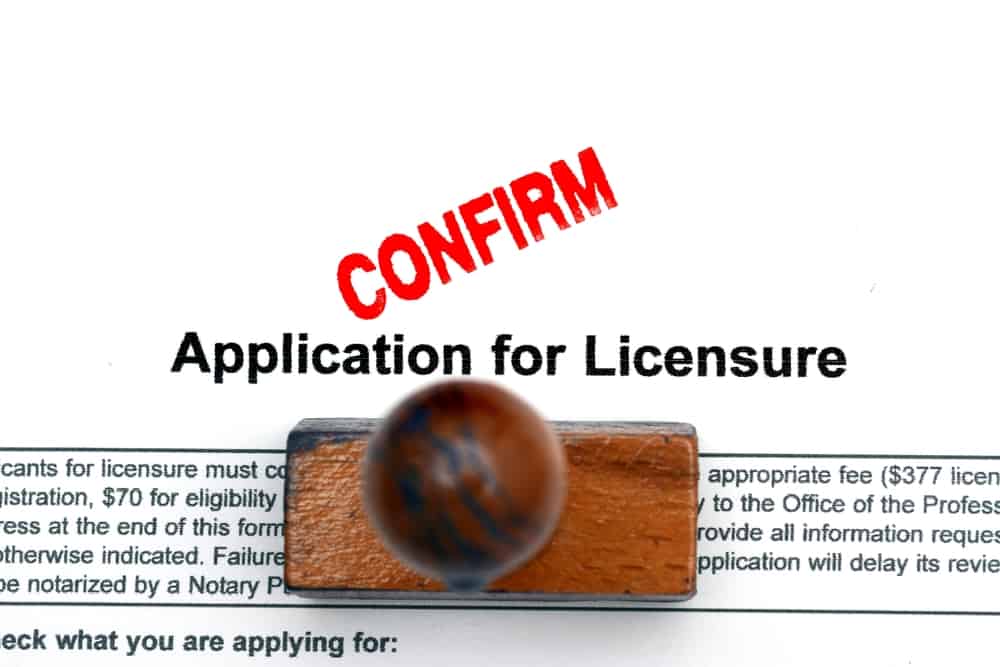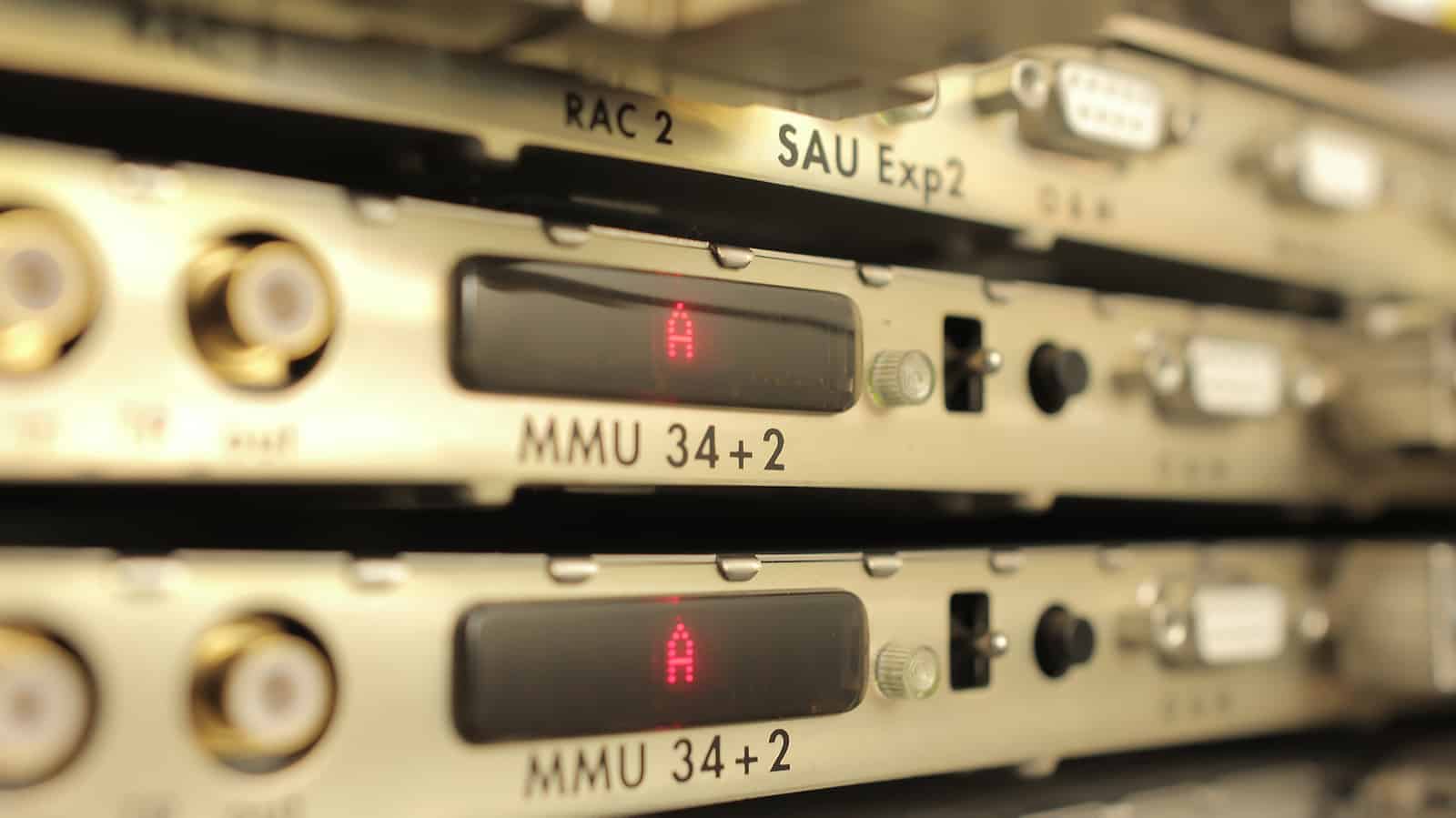If you run a food production business, then you should know one bad product in your line can lead to a myriad of lawsuits. There are many regulation processes you have to go through. However, these rules change based on where you are located. You need to ensure that you are compliant with the laws.
If you are a consumer, it is also best for you to know your rights. You also need to know what steps you can take when you realize your food is being manufactured in substandard conditions. Here are some of the things you need to know about how your food is manufactured.
1. Food Description
The law requires food manufacturers to list the ingredients that were used during manufacturing. By doing so, it ensures that anyone who might have any food allergies knows what food to avoid. It also ensures that consumers get to know the additives in their processed food.
The rule came about after health inspectors discovered that there are companies that use harmful additives in their food. These additives cause harm to the people involved. As a consumer, you have a right to know what went into your food. If the food you buy does not have an ingredient list, then it is best that you do not buy it.
2. Machinery Used
Another regulation that you should know is the type of machinery used in the processing of your food. Over the years, studies have shown that the best way to be sure about your food safety is by using minimum human interference during manufacture.
For this reason, mills and other machines created to help with the harvesting and processing reduced human contact with food. Even with such machines, there had to be rules. Some machines might have dangerous material that affects the food being processed. Health Inspectors go around factories to check the machines in use to see if they are in good condition.
They also check to see if they are maintained. If you are a manufacturer, then it is also important for you to ensure that your machines are well maintained. The machines should be made according to the guidelines stipulated in your state.
3. Hygiene Regulations
Another important thing you need to know is there are set standards of hygiene. It is vital that you adhere to them in your factory. All your workers need to ensure they dress in the right protective gear when handling the food. Any sick workers should also not touch food as this can lead to cross-contamination.
Apart from the workers in the factory, the manufacturing plant is cleaned daily. The temperatures in the plant should be right so that there is no risk of bacteria breeding in the food as it is being processed. All these will be inspected when the inspector comes in to look at the plant.
Food regulation laws act as a guide for manufacturers and protect consumers’ rights. If you are in the food processing business, you know that not adhering to the laws set is dangerous. It may cost you money in lawsuits, and you might also lead to the closure of your factory. Take time and learn about the different rules and regulations before you start a food manufacturing organization.



